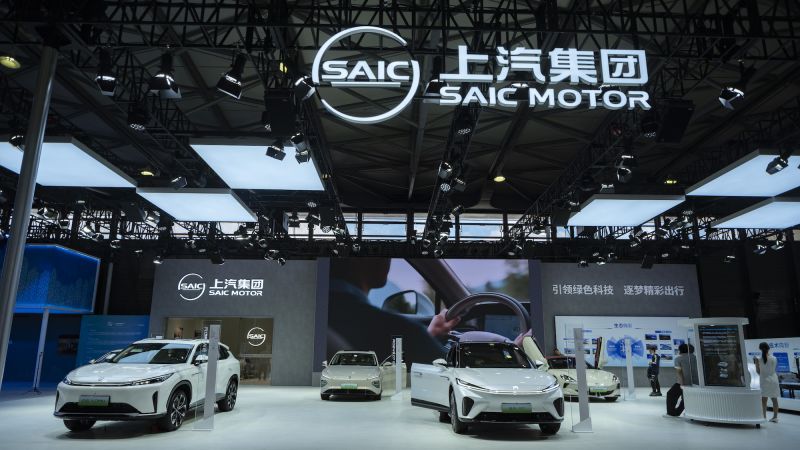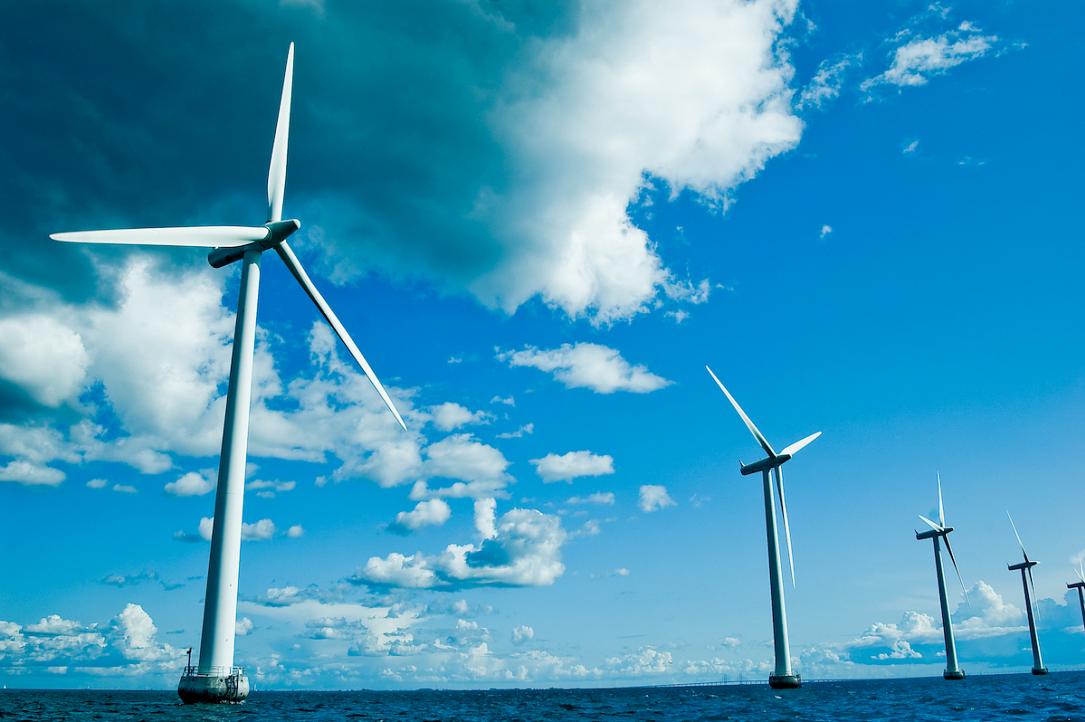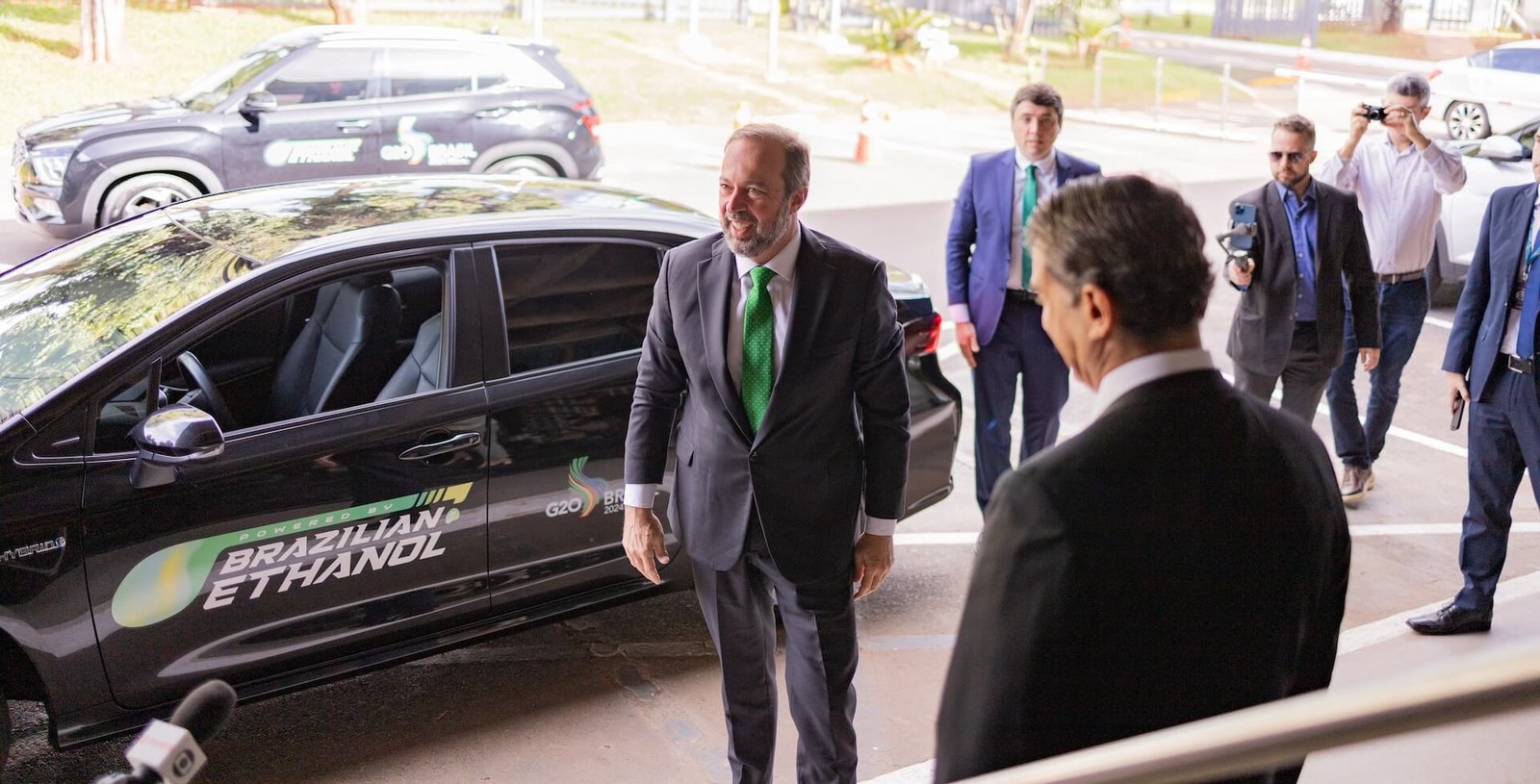Key Discussions on Green Energy Policies and Market Trends
China and the European Union have agreed to initiate talks on planned tariffs for Chinese-made electric vehicles (EVs) imported into Europe. Senior officials announced this decision on Saturday.
Negotiations on Tariffs
Germany’s Economy Minister, Robert Habeck, confirmed negotiations on tariffs with China following discussions with EU Commissioner Valdis Dombrovskis. This agreement comes after China’s Commerce Ministry indicated that Wang Wentao, and Dombrovskis, executive vice president of the European Commission, would start consultations regarding the EU’s anti-subsidy investigation into Chinese EVs.
Habeck expressed optimism, stating, “This is a first step that was not possible before.” However, he acknowledged that many more steps are necessary before finalizing the discussions.
Open Dialogue and Market Fairness
Earlier on Saturday, Habeck emphasized the EU’s willingness to discuss tariffs on Chinese exports. He stated, “The doors are open for discussions, and I hope this message was heard.” This visit marks the first by a senior European official since Brussels proposed significant duties on Chinese-made EVs, aiming to address what the EU considers excessive subsidies.
Habeck highlighted the need for open markets that ensure a level playing field. Proven subsidies aimed at increasing export advantages are unacceptable. He also pointed out tensions due to China’s support for Russia in the Ukraine war, noting that increased Chinese trade with Russia negatively impacts their economic relationship.
The EU’s provisional duties of up to 38.1% on imported Chinese EVs are set to apply by July 4. The investigation will continue until November 2, when definitive duties could be imposed for five years. Habeck emphasized that these tariffs are not punitive but necessary to address unfair subsidies.
China’s Response and Commitment to Competition
Zheng Shanjie, chairman of China’s National Development and Reform Commission, stated that China will protect its companies and argued that proposed EU duties would harm both sides. He denied accusations of unfair subsidies, attributing the growth of China’s new energy industry to competitive advantages in technology, market, and supply chains.
Zheng asserted, “The industry’s growth is the result of competition, rather than subsidies, let alone unfair competition.”
Future of Green Energy Policies
As the EU and China embark on these crucial discussions, the outcomes could significantly impact the solar energy market, energy storage, and broader energy market trends. Both sides aim to foster a sustainable and fair energy market, advancing solar technology and green energy policies globally.
This dialogue represents a vital step in shaping future solar energy investments and market analysis, ensuring a balanced and competitive environment for all stakeholders involved.
Source:cnn.com





